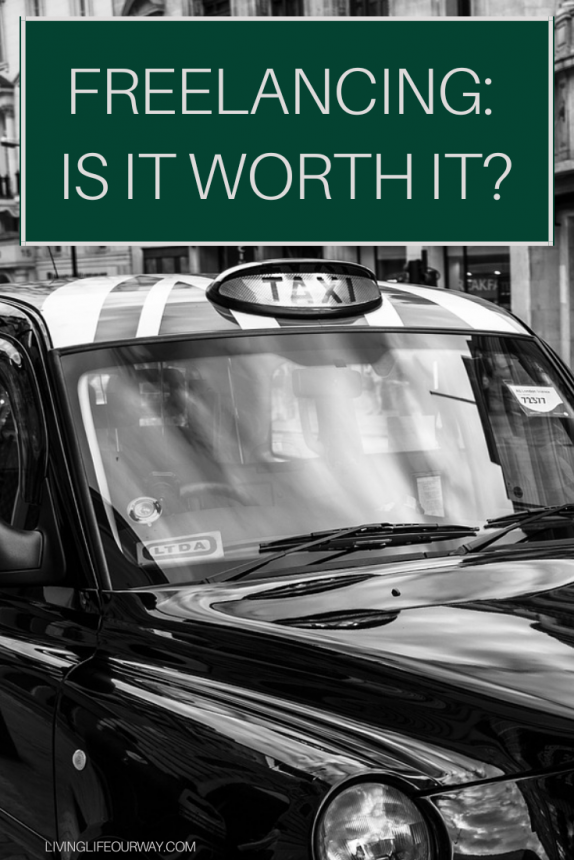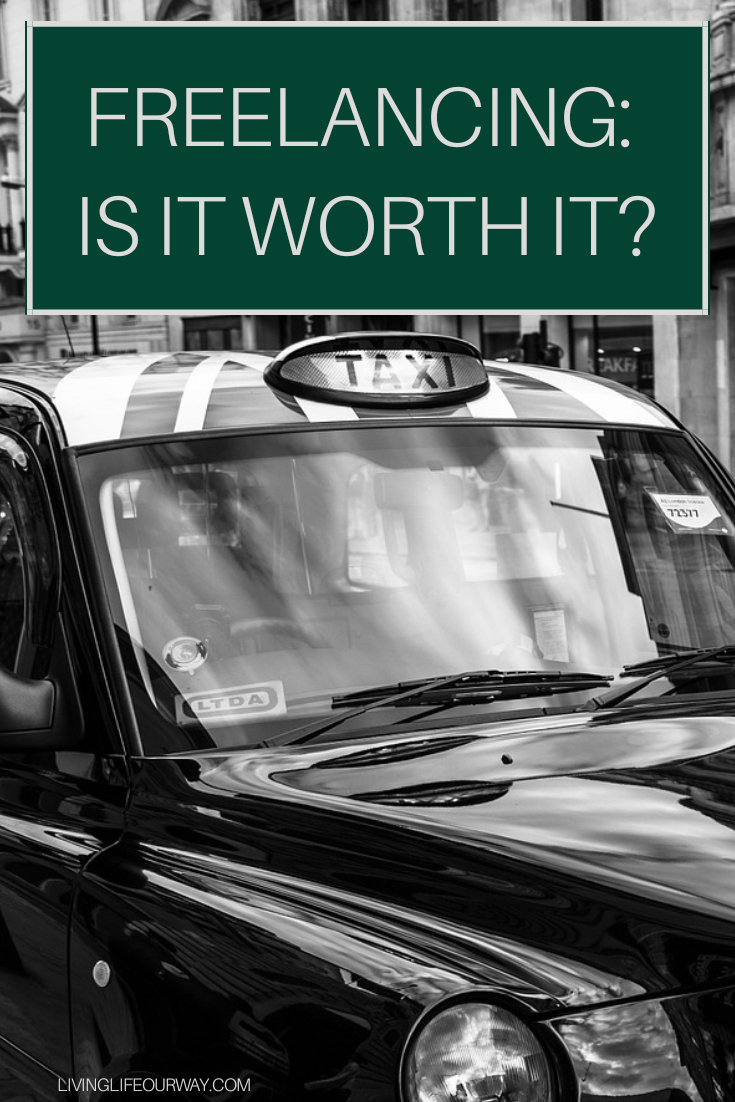In today’s world, options are paramount. There is an expectation that we all work, raise a family, lead multi-faceted social lives and somehow look after our own personal wellbeing too. The reality is that we should set cultural expectation aside and not take on more than we can manage, but of course this is not always possible. However, there are ways to achieve this. When personal circumstance dictates, or you don’t find yourself meshing with traditional employment, it isn’t surprising to find yourself considering self-employment. One way to achieve this is freelancing, but is it worth the risk?

The Appeal of Freelancing
Independent specialists have existed for as long as there have been professions. And there is certainly something idyllic about the idea of freelancing. People taking control of their livelihood by hiring out their skills for an agreed duration, or until the job is complete.
Of course that is appealing; none of us want our financial, physical, mental and emotional livelihoods in the hands of others, who might not have out best interests in mind. Of course, the reality of freelancing though is that it isn’t always quite so glamorous. There are pros and cons, all of which should be considered before taking the leap.
In the modern world, freelancing allows us freedom and flexibility. It’s a means of escaping a work system that we don’t all fit comfortably into. This works especially well for those with people who need caring for, whose output is better at certain times of the day (or night), or those who find corporate culture and politics especially draining. It allows you to take skills like writing, design, photography, catering, consultancy, virtual services, finance or programming, and make best use of those skills in a satisfying and self-fulfilling way. For example, you might consider buying a black cab from somewhere like Cab Direct and study to become a cabbie. Some delivery drivers are employed by a company, whilst others work as freelancers, so if this is a job you are considering, take a look at which package delivery service is best to work for. With the right approach, you could achieve freelancing with just about any skill. All you need to know is how to find the right clients.
There are many benefits of going self-employed, and specifically freelance. The option of working on what you want, when you want and how you want. Control over how much work you take on, and who you work with. It is passion driven. You can end that pesky commute just to be greeted by that dastardly boss who has it in for you when you get in. You can even increase productivity by having strategically timed power naps!
The Downsides
Not everyone is naturally a freelancer and some people do fit naturally, and even thrive, in a more traditional work environment. And that’s ok. Not all things are for all people.
Outsourcing your skills means needing to be self-motivated, proactive and incredibly adaptable. Especially at first. Clients wont always come to you and honestly there can be a lot of competition.
As a freelancer, you’ll be expected to know your field and, depending which it is, build a portfolio of your work and pitch to potential clients. The degree you need to do this depends on what you’re freelancing as; a manual labourer or cabbie certainly needs knowledge, but they might not need to pitch. Whereas a coder, writer or graphic designer will.
When you’re self-employed, networking and communicating across a variety of potential clients, and others in your field, becomes a significant time commitment in itself. Whilst it’s a task you won’t get paid for, it is a task that pays off. You can’t be in all places at all times and neither can others around you, meaning that building a reputation and finding new contacts puts you in a stronger position overall.
The thing is, even when committed to a job, you need to have your eye on the next one. So this cycle is unending. This can be exhausting to those not naturally suited and might lead to panic if you’ve been unable to keep on top of the task.
What it all comes down to, is that there is a lot of research, prep-work and effort involved to keep the work coming in. This and the fact that you don’t have the same benefits as traditional employment (paid sick pay, vacation, guidance etc) make freelancing a risky business.
Is Freelancing Worth It?
It depends greatly on what you’re after professionally, your personal circumstance, and what you are freelancing as. Generally, I would say yes though. As long as you’re willing to be patient whilst you build up your client base and are well motivated.
What I cannot stress enough though is do not romanticize the idea. That doesn’t mean that it won’t be the perfect choice for you, or that you’ll regret making the switch, just that being realistic about the difficulties will make it easier to power on through the dry spells (and there will be dry spells).
Be sensible with your money, network well, and roll with the punches, and freelancing could change your life.
*This is a collaborative post.

